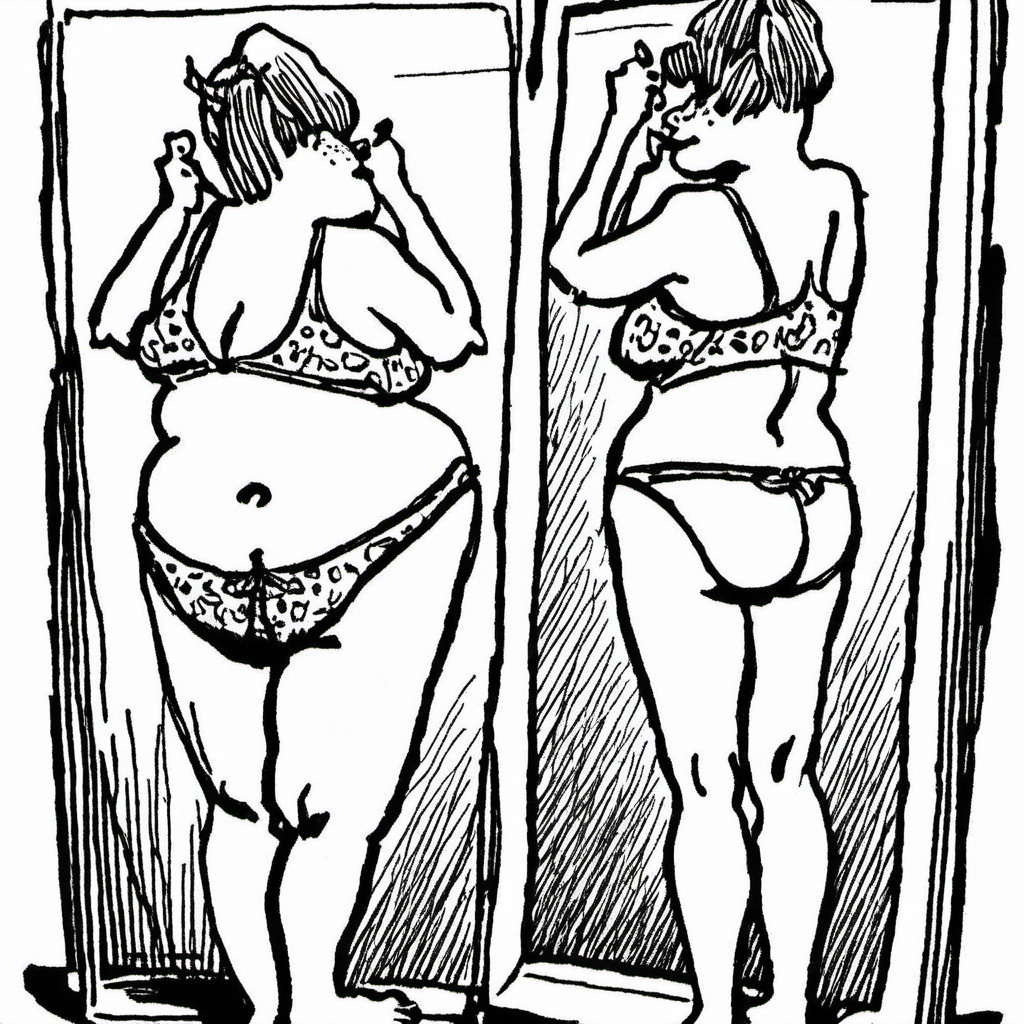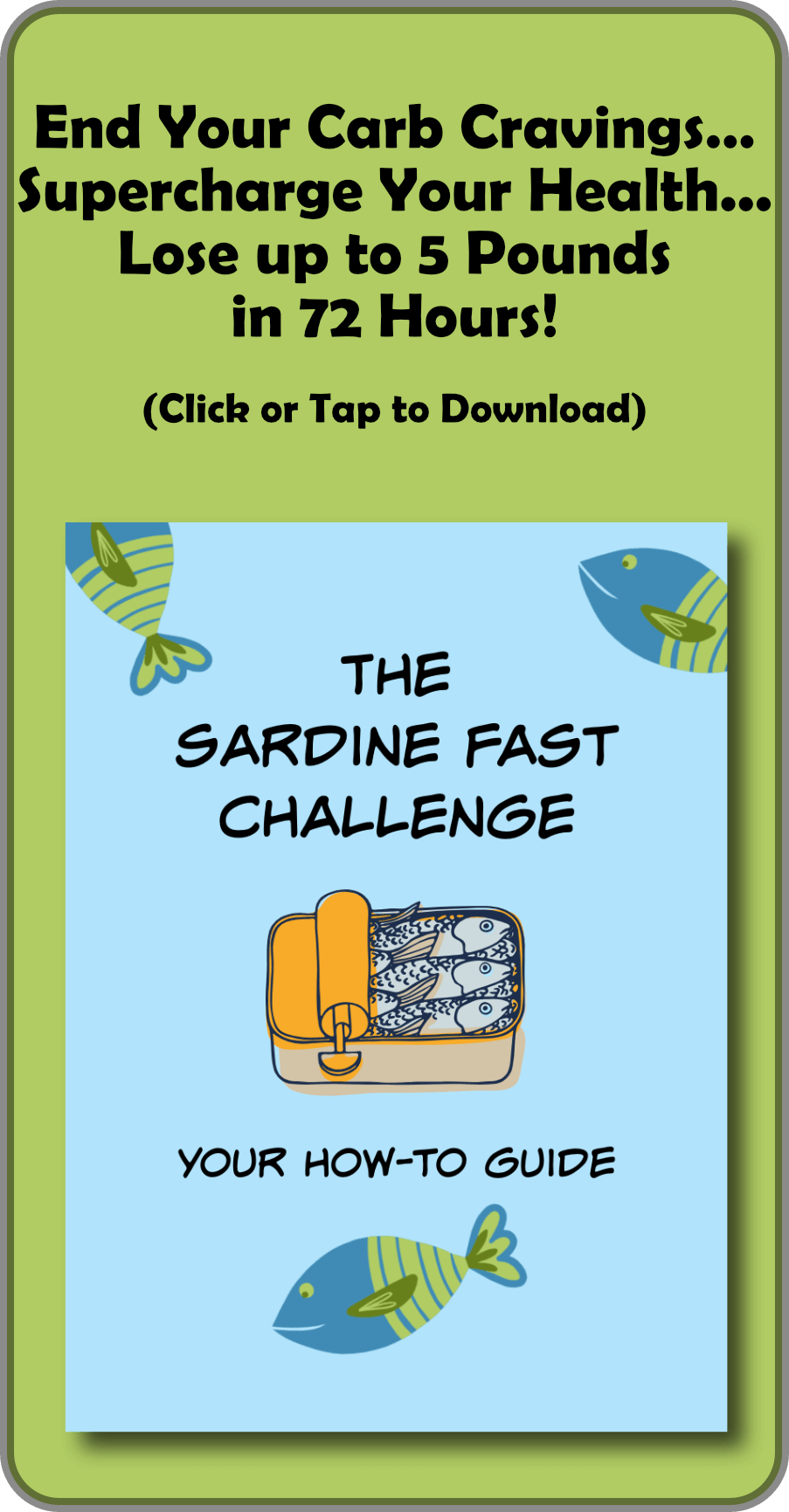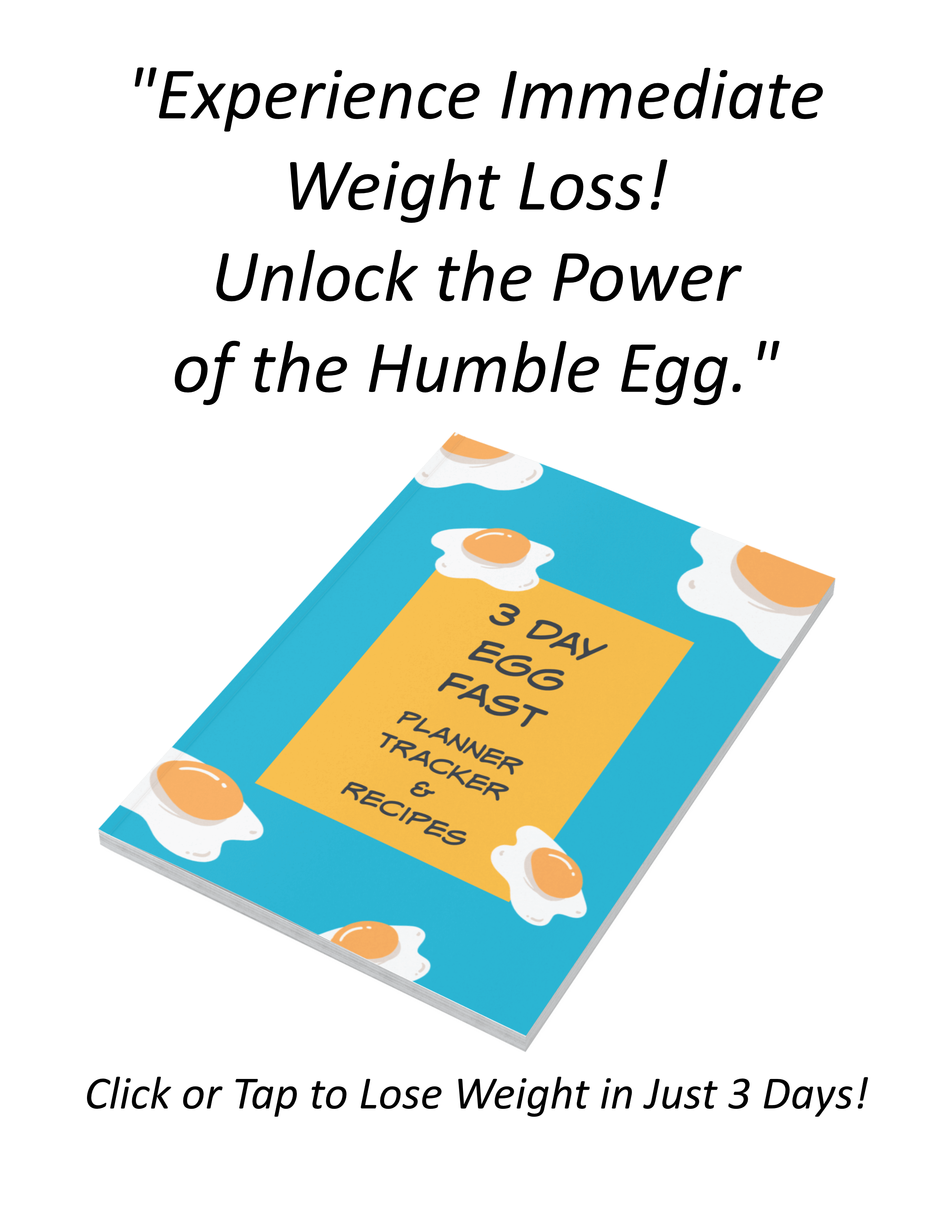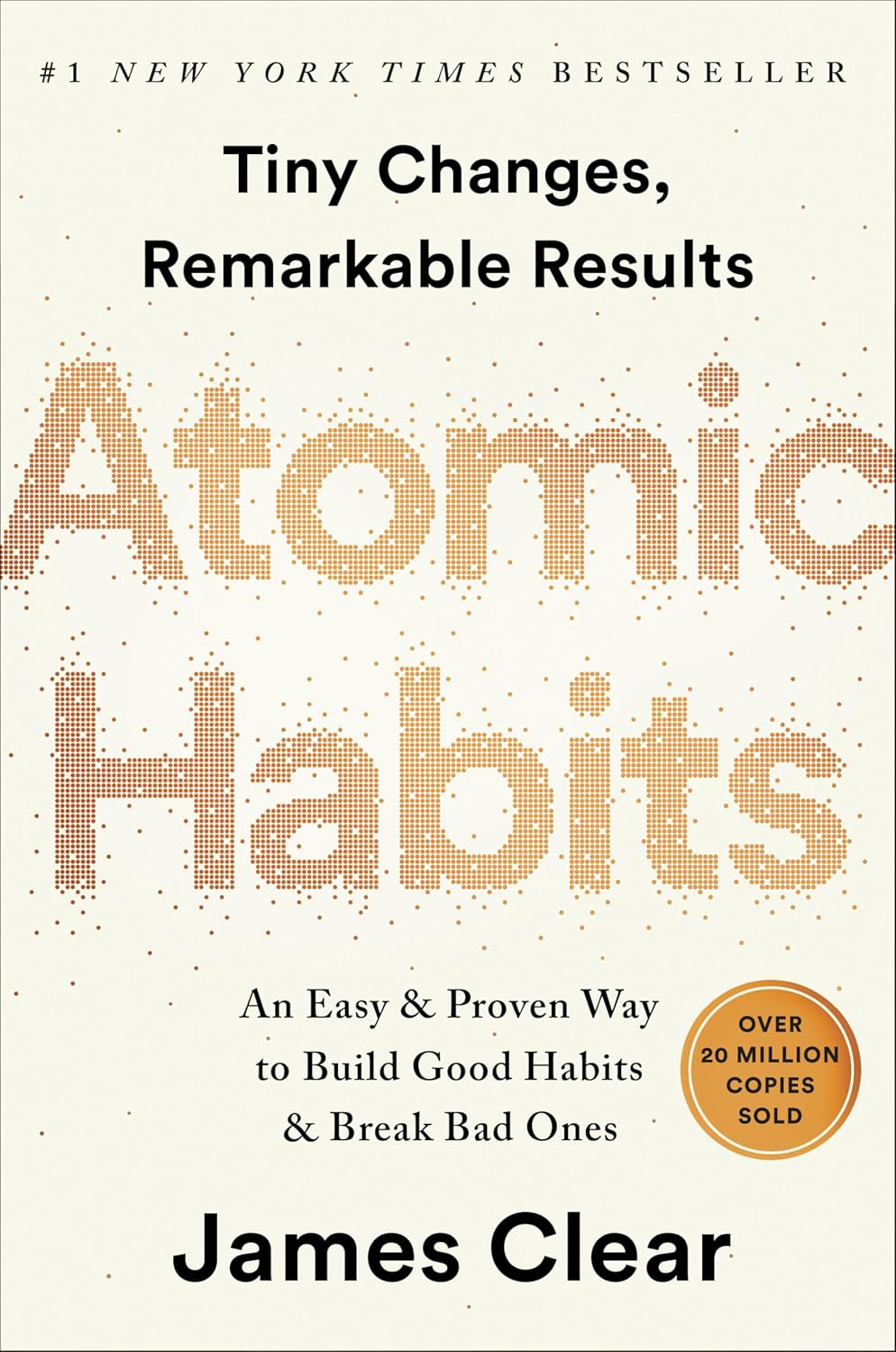- Home
- What Is Leptin Resistance
What is Leptin Resistance and Why Does it Matter?
Here’s a question I am asked. “What is leptin resistance?” Turns out, it might just be the missing piece of your weight-loss puzzle. If you’re not getting the results you want while trying to lose those stubborn pounds, even though you are doing everything right, then read on. Let me unravel the mystery that’s behind this condition for you. Let me help you understand why leptin resistance could be causing you to struggle with your weight loss goals and preventing you from living the life you want.
What Is Leptin?
Leptin is a hormone which is released by your fat cells. Its job is to stop you from overeating. It does that by sending a signal to your brain, specifically the hypothalamus, telling it that you’ve eaten enough, and you must stop eating now. In other words, you have enough stored fat so there’s no need to eat any more. It’s like your body’s own internal fuel gauge, ensuring you don’t overeat.
What is Leptin Resistance?
Imagine your body is like a car. The fuel you use is fat and that fuel is stored in fat cells. Your brain is the driver, and Leptin is the fuel gauge. To keep your fat cells from running out of fuel, Leptin tells your brain how much "fuel" (fat) you have. It’s like the “Low Fuel” warning that most cars have these days. Here's how it works:
As we have established, the fat cells are little storage tanks holding fuel (fat) used to produce energy. Think of leptin as a text message from the fuel tanks to the brain, saying how much fuel they have.

When the tanks are filled with lots of fat, the fat cells send many text messages (leptin) to the brain. The brain then says, "Oh, hey, we are good on fuel. No need for more."
Just like a driver who sees a full fuel gauge and decides there’s no need to top up the tanks.
When the fat cell fuel tanks are running low on fat, fewer messages get sent out. That causes the brain to jump into action. "Whoa!” the brain says, “We need more fuel!" Then it tells you to eat more, like a driver seeing a near-empty fuel gauge and having to look for a gas station.
Uh oh! Tanks Are Overfilled!
“Wait a minute… I’m confused,” you’re probably thinking. “I have more fat than I need, so I should have lots of fuel. But my brain is telling me I am hungry, and I need to add fuel. How does that work?”
Here’s where things go off the road when we’re overweight and the
surprising answer to the question: "What is leptin resistance?" is answered.
When there's too much fat in the cells, there are way too many text messages going out to the brain. So, what does the brain do? The brain responds by ignoring the messages. Imagine a driver who receives too many text messages while driving. He or she stops paying attention to them. That's what happens in the brain with leptin resistance. Too many messages! And that leads to…
Being Overwhelmed
When there are too
many fat cells and there’s too much leptin, the brain stops receiving the
"stop eating" messages because it’s overwhelmed. So, effectively,
your brain is telling you to continue eating. Yes, you eat more and move less,
even though there's plenty of fuel, just like a driver who keeps stopping for
gas even with a full tank.
So, what is leptin resistance? It is the brain’s refusal to receive any messages telling you how full you are. As a result, you continue to eat. That’s it in a nutshell.
Impact on Metabolism
Leptin resistance can slow down your metabolism and cause you to gain weight. Here’s how that works.
Your brain’s job is to protect you. If it believes you are running low on the fat you use as fuel, it will slow the consumption of the fat so it will last longer. It doesn’t want you to starve.
With leptin resistance your brain stops accepting messages. That means it thinks there’s no fat storage to rely on, so it slows energy expenditure to conserve what it thinks is a limited supply of the fat used for energy. As a result you may feel tired or sluggish, making it hard to find the motivation to exercise. So, you eat more and move less. This is a recipe for weight gain.
There is Hope!
It may come as a surprise to learn that it’s not about eating less and exercising more. But, it is about working smarter with your body’s natural systems. This is where I see a light at the end of the tunnel for you! You have a way out of this.
The first step is to redefine your diet. Switch to whole, unprocessed foods. Get rid of the sugar, grains and highly processed foods. Don’t “cheat” on the weekends.
Always choose to fuel yourself with nutrient-dense foods.
Healthy fats are your friends here. Despite what you may have heard, fats from foods like avocados, nuts, and olive oil are fantastic for maintaining hormone balance. And ditch the processed “vegetable” oils... those are just adding more interference to leptin signals.
Here are a few additional steps you can take...
Meal Timing, Exercise and Stress Management
Some studies are showing the benefits of intermittent fasting for promoting better hormone balance. It’s like resetting your body’s internal clock, giving it a break from constant eating, and allowing those hormones to recalibrate.
In addition, regular exercise can help alleviate leptin resistance. It doesn’t have to be hours of grueling workouts. Even regular walks or lifting weights can enhance your body’s sensitivity to leptin.
Managing stress is another important factor. High stress levels increase cortisol, which interferes with leptin’s function. You can try new ways to de-stress such as, meditation, listening to soothing music or practicing yoga. All of these can lead to improved leptin sensitivity.
Not a Quick Fix
Leptin resistance treatment is not about quick fixes. It’s about playing the long game, making manageable. incremental, and sustainable changes that lead to lasting results. Every small change and step counts because they accumulate into massive improvements.
Take control of your health by seeking more knowledge, making informed dietary choices, and being aware of what your body needs. The great news is... addressing leptin resistance can open the doors to permanent weight loss and a healthier lifestyle.
If you need help re-vamping your current diet or want support to get started, you can:






New! Comments
What do you think about what you have read on this page? I'd love to know! Leave me a comment in the box below.